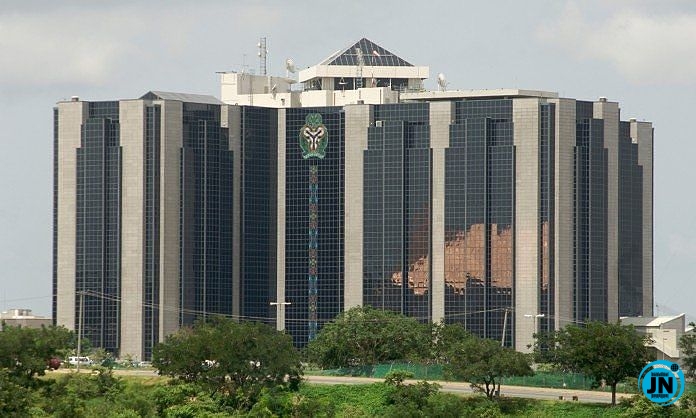The Central Bank of Nigeria (CBN) has identified the deteriorating state of Nigeria’s oil infrastructure as a key factor behind the significant decline in oil revenue recorded during the third quarter of 2024. The apex bank emphasized that ageing pipelines, coupled with operational inefficiencies, have severely impacted the country’s ability to maximize revenue from its oil sector.
In its recently published economic report for Q3 2024, the CBN revealed that oil revenue dropped by 24.72% to ₦1.30 trillion, compared to the ₦1.73 trillion recorded in the second quarter. This marks a stark 75.39% deviation from the quarterly target, attributed to persistent operational challenges, including frequent pipeline shut-ins and vandalism.
The report stated: “Oil revenue fell by 24.72% to ₦1.30 trillion relative to Q2 2024, on account of lower receipts from petroleum profit tax and royalties. It was also 75.39% below the quarterly target due to shut-ins arising from ageing oil pipelines and installations.”
Despite a slight improvement in crude oil production, which increased from 1.27 million barrels per day (mbpd) in Q2 2024 to 1.33 mbpd in Q3, the sector faced severe constraints. Challenges such as theft, vandalism, and infrastructure deficits further undermined Nigeria’s oil production capacity. The ageing pipelines not only reduced operational efficiency but also hindered the nation’s ability to meet its OPEC production quota, raising concerns about the sustainability of the oil sector.
In addition to domestic issues, external factors compounded the sector’s challenges. The average spot price of Nigeria’s Bonny Light crude oil fell by 5.45% to $82.23 per barrel, compared to $86.98 in the preceding quarter. The report attributed this decline to a slump in global demand for crude oil, with similar price drops observed in other benchmarks such as Brent Crude and the OPEC Reference Basket.

While the oil sector struggled, Nigeria’s broader economy recorded a GDP growth of 3.46% in Q3 2024, a slight improvement from the 3.19% growth recorded in Q2. This growth was largely attributed to the robust performance of the non-oil sector, which contributed 3.18 percentage points to overall GDP expansion. However, the oil sector’s year-on-year growth slowed to 5.17%, down from 10.15% in the previous quarter, underscoring the ongoing impact of infrastructure and market challenges.
The fiscal repercussions were equally concerning. Federally collected revenue fell short of the budget benchmark by 23.71%, despite a quarter-on-quarter increase of 7.48%. Although the fiscal deficit narrowed by 22.51% compared to Q2 2024, it widened by 43.88% relative to the quarterly target, highlighting persistent fiscal pressures and the urgent need for policy reforms.
The report also highlighted the government’s ambitious goal of achieving 2 million barrels per day (mbpd) in crude oil production by the end of 2024. However, this target appears increasingly unlikely due to the persistent challenges plaguing the sector. The CBN stressed the importance of addressing these operational inefficiencies and investing in modernizing the country’s oil infrastructure to ensure long-term revenue sustainability.
Overall, the report paints a sobering picture of the current state of Nigeria’s oil industry, emphasizing the critical need for immediate intervention to mitigate the impact of declining oil revenue on the country’s fiscal and economic stability.

